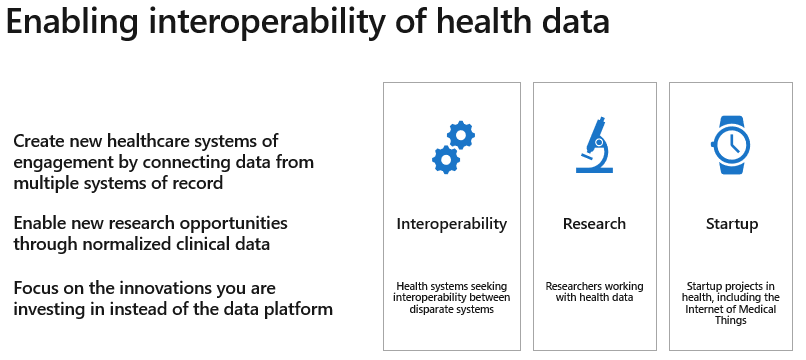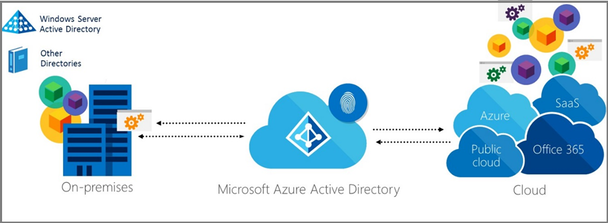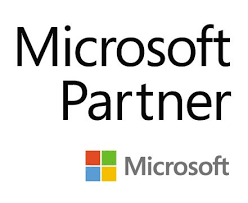Healthcare Data Interoperability
Let us protect your sensitive health data
Microsoft Data Interoperability servers are key tools for interoperability of health data. The Azure API is designed as an API and service that you can create, deploy, and begin using quickly. As the standard expands in healthcare, use cases continue to grow. We can help you enable data exchange across multiple systems with a consistent data format.
CyberProtex provides these services for Health Systems:
Health systems seeking interoperability: It is not uncommon for providers to have multiple databases that aren’t connected to one another or store data in different formats. Utilizing the Azure API as a service that sits on top of those systems allows you to standardize data in the FHIR format. This helps to enable data exchange across multiple systems with a consistent data format.
Researchers working with health data: Healthcare researchers will find the Azure API for FHIR useful as it normalizes data around a common FHIR data model and reduces the workload for machine learning and data sharing. Exchange of data via the Azure API for FHIR provides audit logs and access controls that help control the flow of data and who has access to what data types.
Startup projects including medical IOT: Customers developing a patient or provider centric app (mobile or web) can leverage Azure API for FHIR as a fully managed backend service. The Azure API for FHIR provides a valuable resource in that customers can managing data and exchanging data in a secure cloud environment designed for health data, leverage SMART on FHIR implementation guidelines, and enable their technology to be utilized by all provider systems (for example, most EHRs have enabled FHIR read APIs).
Health systems seeking interoperability: It is not uncommon for providers to have multiple databases that aren’t connected to one another or store data in different formats. Utilizing the Azure API as a service that sits on top of those systems allows you to standardize data in the FHIR format. This helps to enable data exchange across multiple systems with a consistent data format.
Researchers working with health data: Healthcare researchers will find the Azure API for FHIR useful as it normalizes data around a common FHIR data model and reduces the workload for machine learning and data sharing. Exchange of data via the Azure API for FHIR provides audit logs and access controls that help control the flow of data and who has access to what data types.
Startup projects including medical IOT: Customers developing a patient or provider centric app (mobile or web) can leverage Azure API for FHIR as a fully managed backend service. The Azure API for FHIR provides a valuable resource in that customers can managing data and exchanging data in a secure cloud environment designed for health data, leverage SMART on FHIR implementation guidelines, and enable their technology to be utilized by all provider systems (for example, most EHRs have enabled FHIR read APIs).





